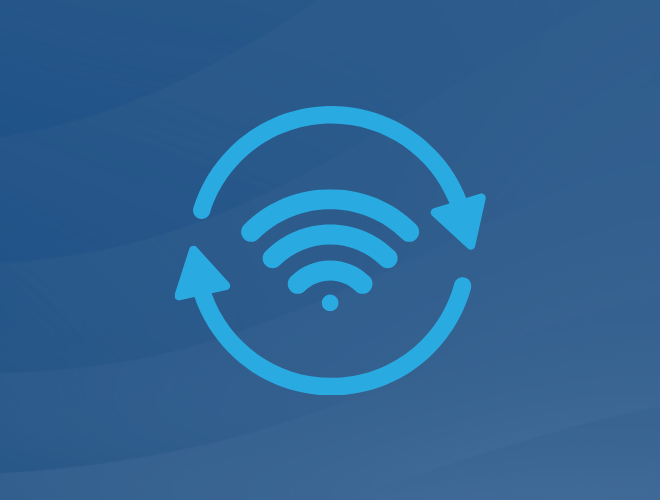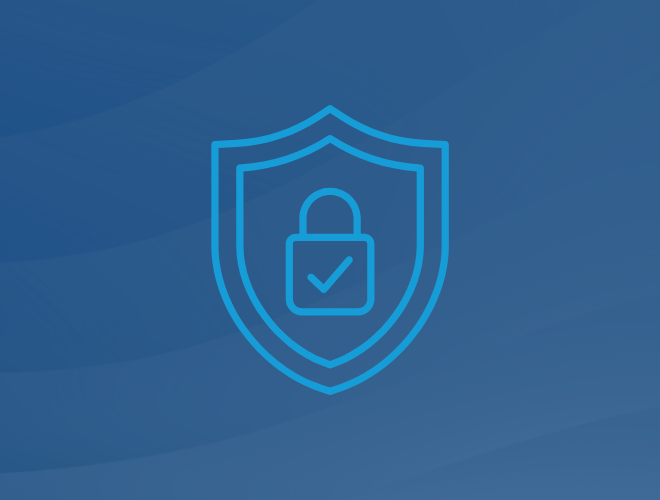2025 SCTE Standards Program Highlights
The SCTE Standards Program continues to serve as a driving force for innovation, operational efficiency and sustainability across broadband networks. Through consensus-based collaboration, our expert subcommittees and working groups are delivering tangible value to operators, vendors and the entire broadband ecosystem.
From guiding the industry through DOCSIS® 4.0 adoption to advancing energy management, improving video delivery and enabling smarter, more secure networks, SCTE Standards deliver practical solutions to the most pressing technical challenges.
Our dedicated members have made substantial progress on several important standards this year:

DOCSIS Evolution and Broadband Reliability
SCTE 300: Best Practices for Migrating to DOCSIS 4.0 — Offers a comprehensive operational roadmap for transitioning from DOCSIS 3.1 to DOCSIS 4.0 (both FDX and FDD modes), helping operators manage spectrum expansion, interference and performance optimization. Download the Standard
SCTE 296: Full Duplex DOCSIS Broadband RF Hardline Amplifiers for Cable Systems — Defines mechanical, environmental and electrical specifications for RF hardline amplifiers supporting DOCSIS 4.0 FDX operations from 108 to 684 MHz. By standardizing these amplifier characteristics, the document streamlines manufacturer implementation and ensures operators benefit from extended HFC network capacity and longevity. Download the Standard
SCTE 294: Understanding and Troubleshooting Cable Upstream RF Spectrum — A field-oriented guide empowering operators to identify and remediate upstream noise and ingress issues — boosting service reliability, reducing downtime and lowering operational costs. Download the Standard
SCTE 290: Service and Network Reliability Measurements and Use Cases — Establishes key performance indicators and best practices to enhance network visibility, enabling proactive monitoring and management for cost-effective, reliable service delivery. Download the Standard
SCTE 291: Cable Operator Business Impact Analysis Operational Practice — Presents a structured framework for conducting business impact analyses, helping operators prepare for disruptions and avoid prolonged outages or reputational damage. Download the Standard


“SCTE is recognized as the industry’s most reputable Standards organization, delivering tremendous value to cable operators through both time and cost savings. By bringing together the brightest minds from operators and vendors, SCTE fosters true collaboration that leads to practical, well-engineered standards — avoiding unnecessary complexity and proprietary solutions that drain resources. A great example is in Extended Spectrum DOCSIS where SCTE’s standards for 1.8/3.0 GHz actives and passives have streamlined requirements discussions with vendors, enabling faster alignment and accelerating deployment success.”

Energy Management and Sustainability
SCTE Energy 20/20 Program and Subcommittee Work
- Through collaborative working groups (Microgrid, Metrics, Access Network Efficiencies, Facility Climate Management), SCTE has driven advances in topics like digital twins for datacenter efficiency and passive cooling in outside plant cabinets. These projects reduce operational costs and align with carbon reduction strategies.
- Reducing network energy consumption delivers both environmental and economic benefits. Environmentally, it lowers greenhouse gas emissions and supports operators’ climate goals. Economically, it cuts year-over-year operating expenses (OPEX), especially as energy costs rise. Even modest improvements can compound across the network, making energy optimization a powerful tool. This document highlights common and lesser-known best practices to reduce energy use within the network.
ANSI/SCTE 216: Adaptive Power Systems Interface Specification (APSIS™) — Establishes a standardized framework for intelligent energy consumption management across broadband networks, from core facilities to access networks. Enables operators to optimize energy use dynamically in line with traffic demands, reliability requirements and sustainability goals. Download the Standard
SCTE 203: Product Environmental Requirements — Defines test methods for environmental sustainability in cable telecommunications facilities, helping operators align with ESG goals while ensuring compliance. Download the Standard
Video Streaming and Advertising Technologies
SCTE 214-5: ISO BMFF Based DASH Constraints — Provides standardized constraints for MPEG-DASH in IP-based cable services, ensuring compatibility and interoperability across content delivery networks. Download the Standard
SCTE 224: Event Scheduling and Notification Interface (ESNI) — Supports scheduling and audience targeting for ad-supported FAST (Free Ad-Supported Television) channels. Enables content providers and distributors to maximize revenue through interoperable ad strategies while reducing technical complexity. Download the Standard
Revisions to SCTE 67, SCTE 128-2, SCTE 215-2 — Updated digital program insertion and video transport standards that ensure interoperability for evolving content delivery and ad insertion workflows. Download the Standards: SCTE 67, SCTE 128-2, SCTE 215-2
Next Generation Linear Channel Assembly — SCTE launched a new initiative to expand revenue opportunities for linear channel assembly, including Free Ad-Supported Streaming TV (FAST) channels, through greater scalability, interoperability and smarter ad strategies. The project is already underway, leveraging SCTE 224 to simplify FAST channel creation and enable advanced ad insertion across multiple platforms. With the effort moving forward, now is the ideal time to get involved — participants can help shape how these standards drive growth and monetization for FAST services.


“As a member of the Standards team for more than three years, I have found it to be much like every organization or even life — you get out of it what you put into it. As the author of SCTE 181, I found each participating member both engaged and committed to provide input to make the update the best possible. The group was focused on its completion. We finished a document that can be used by the industry for some time to come. If you value the industry we work in, think about making your voice heard. Join today and volunteer.”

Construction, Knowledge Sharing and Workforce Development
SCTE 293 Series: “What Is…” Technical Monographs — A growing library of concise, high-level educational documents covering fundamentals like decibels, velocity of propagation, return loss, attenuation, unity gain and skin effect. These serve as training resources, tutorials and refreshers for professionals at all levels. View the Series
SCTE 292: Broadband Component QR Code Technical Requirements — Standardizes equipment identification across vendors through a 15-digit Broadband Equipment Identity (BEID). This improves asset management, reduces operational overhead and streamlines vendor-operator integration. Download the Standard
SCTE 181: Recommended Practices for Optical Fiber Construction and Testing — The cable industry’s go-to guide for building and testing high-speed fiber networks — reliably, efficiently and safely. Recently fully reviewed and updated by industry experts, this document delivers a comprehensive playbook covering everything from project management and cable handling to splicing, activation and testing. Whether you're a project manager, field tech or training designer, SCTE 181 ensures your teams are aligned with proven, real-world best practices that get the job done right. Download the Standard
Security, IoT and Emerging Network Demands
SCTE 256: IoT Security Considerations and Recommendations for Operators — Provides operators with a framework to secure IoT deployments in broadband networks, ensuring resilience against evolving cybersecurity threats. Download the Standard

Celebrating 30 Years of Standards Leadership
In 2025, SCTE proudly celebrated the 30th anniversary of the SCTE Standards program’s accreditation by the American National Standards Institute (ANSI). From foundational technologies like DOCSIS to emerging advancements in AI, edge computing and energy efficiency, SCTE Standards continue to provide the technical backbone for an interoperable, future-ready industry.
The celebration continues at SCTE TechExpo25, where standards will take center stage, from edge innovation to sustainability strategies. Don’t miss the Excellence in Standards Award presentation and the opportunity to engage with the experts shaping what’s next.
Let’s connect — discover how you can get involved and help shape the future of broadband.
.png?width=500&height=191&name=SCTECableLabs2021_Abbrev_White%20(1).png)